I’ll continue to share my story to help and inspire others but I’m so much more than a survivor of domestic abuse.
Deb Morgan

I have a problem with the term ‘domestic abuse survivor’.
Bear with me on this. I’m saying this from the point of view of a survivor of domestic abuse. Most of my adult relationships have been abusive. I’ve been through physical, sexual, psychological and economical abuse so I tick the boxes.
I support all of the campaigns that help victims of domestic abuse regardless of gender, creed, colour or sexual orientation.
But I see the domestic abuse charities, the legal profession and numerous other companies vying for money and funding in the name of supporting domestic abuse victims whilst spending thousands upon thousands in advertising and marketing, aimed at helping women primarily, escape the terror they’re living with, to become a domestic abuse survivor.
What they don’t seem to grasp, at least from my experience, is that the abuse continues long after the victim has walked away from the perpetrator. Thankfully, there are a number of domestic abuse campaigners starting to change this perception.
Abuse is abuse. End of. There’s no one-upmanship amongst abuse survivors, if anything there’s gratitude from those who didn’t end up in hospital beds that they didn’t suffer as badly, but no-one keeps score.
Survivors know that when the abuse ends, the torment starts. Physical scars heal and fade but the scars you can’t see, the scars that linger in the depths of your mind and reveal themselves when you’re least expecting, those are the scars that torment abuse survivors.
But doesn’t seem to be recognised.
In the throes of rebuilding your life, protecting your children and trying to understand what a normal adult relationship should be, you are at your most vulnerable. Prey to those who recognise your vulnerability and those who naively offer help thinking they are doing you a favour. What they don’t understand is that a misjudged word or phrase, a boost up the ladder, a public declaration of your status or even just a paint colour in a room or office can send you back to a dark place in your mind, that forces you to relive painful memories as if they were actually happening again.
And when you mention it, when you react, you’re seen as being sensitive, irrational, unstable and incapable. And the very people who think they are helping you, layer on another coat of shame and lack of belief and low confidence until once again you start to believe that too and the helpers have become the unknowing perpetrators of a whole new cycle of abuse.
And the domestic abuse survivor gets stuck, not knowing who to trust, not knowing where to turn and when the legal profession and the domestic abuse industry turns them away because they’re not in immediate danger and don’t have physical injuries or scars to show the extent of their abuse, they feel lost, alone, abandoned.
This is when the abuse does the worst damage.
This is when the survivor gives up and believes that’s all they deserve. So they’re grateful for the unsuitable suitor who shows a little bit of compassion, they’re grateful for the employer who offers them a job that makes them feel a little bit worthy but pays them a pittance and treats them like dirt, and they’re grateful for every day they wake up without being attacked.
Eventually, if they’re lucky, they reach a point where they start to recognise that they really do deserve more than just settling and they start to question things around them.
But this means they have to put their head above the parapet, they have to have the audacity to suggest that yes, they deserve more, they deserve better and yes, there is more to life than this.
Gradually, they move through this phase, they reach forgiveness and acceptance and recognise that they can be anyone or anything they choose to be. They don’t have to rely on or depend upon a partner, they have a strength within them that they didn’t know they had, they have the strength to overcome any obstacle that gets in their way. They have the strength, the ability and the know how to create the life they want. Free from abuse, free from fear, fear from torment. Free from being labelled a domestic abuse survivor.
But the domestic abuse industry doesn’t grasp this. ‘Domestic Abuse Survivor’ has become a badge of honour to be worn with pride and used to justify behaviour and purpose.
Yes, I am a survivor of domestic abuse but to wear that as a badge or label that defines me just gives status to my perpetrators
Yes, I am a survivor of domestic abuse but to wear that as a badge or label that defines me just gives status to my perpetrators; as if I couldn’t have achieved a level of success without that badge, and it’s them who enabled me to win that badge.
So I’m going to stop calling myself a domestic abuse survivor. I’ll continue to share my story to help and inspire others but I’m so much more than a survivor of domestic abuse. It taught me so much more than how to define myself by a label bestowed upon me by a society that likes to label people and keep them in their boxes. The label isn’t fit for my purpose anymore.
My experience of domestic abuse enabled me to have a greater understanding of human relationships. I’ve seen the good, the bad and the downright ugly. Without the worst sorts of relationships I would never have been able to recognise a good relationship full of unconditional love. I would never have understood that abuse takes many forms, I would never have understood the power of the human mind, I would never have studied psychology.
But the best part of all, I would never have recognised how important it is to educate, coach and support people to create strong, healthy and robust relationships so that future generations can learn how to do the same from observing and learning from their parents and grandparents.
It has taken multiple generations to dilute the abuses that take place within the home, it will take multiple generations to replace that abuse by modelling strong, healthy and robust relationships across all social demographics but myself and countless others like me, carry on in the belief that one day, probably long after we’ve left this world, it will all have been worth it.
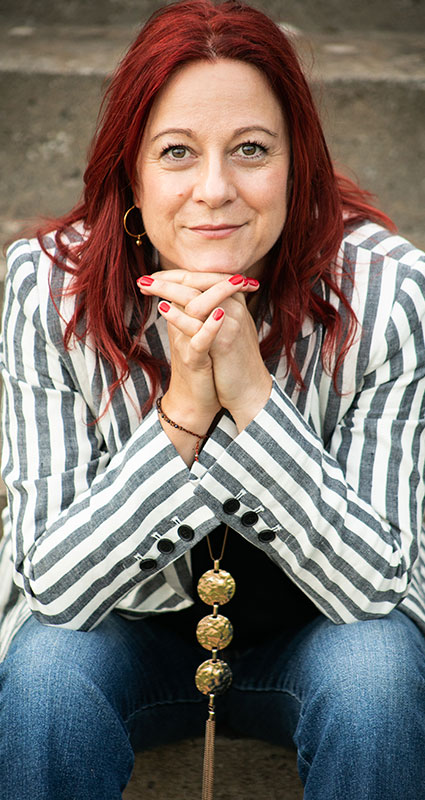
Guest Author
Deb Morgan
Join us
Get new content delivered directly to your inbox.
A Curated Collection of Books, Guides and Strategies.
Books and guides on gender based violence, physical abuse, emotional abuse, sexual abuse, healing, mental health and more.

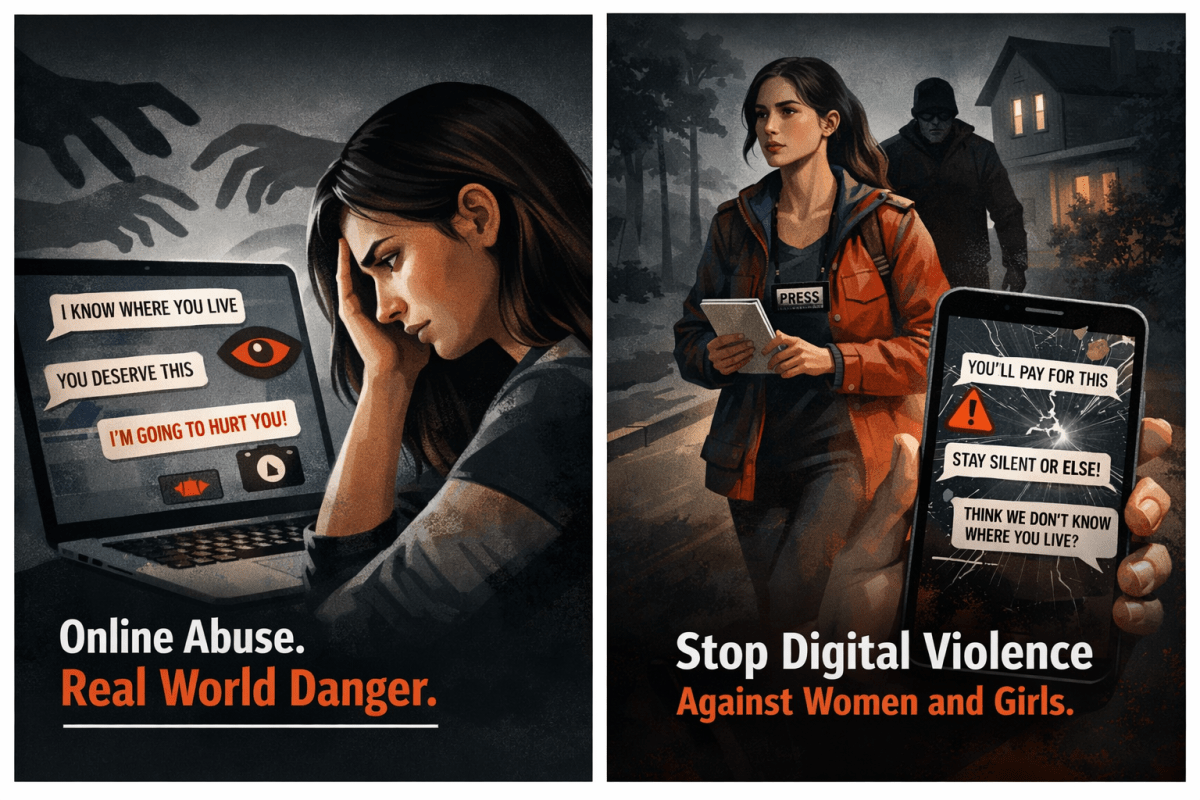
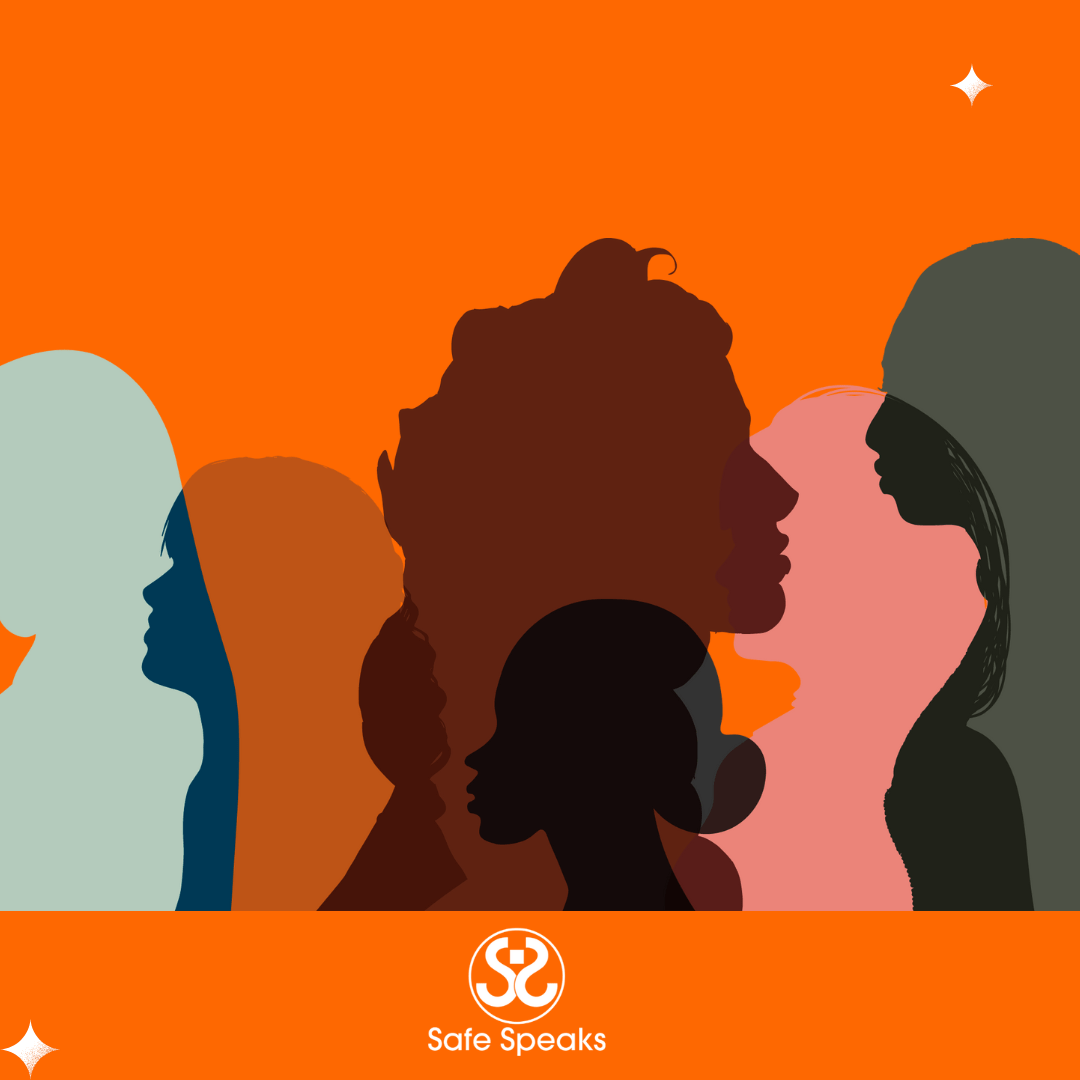
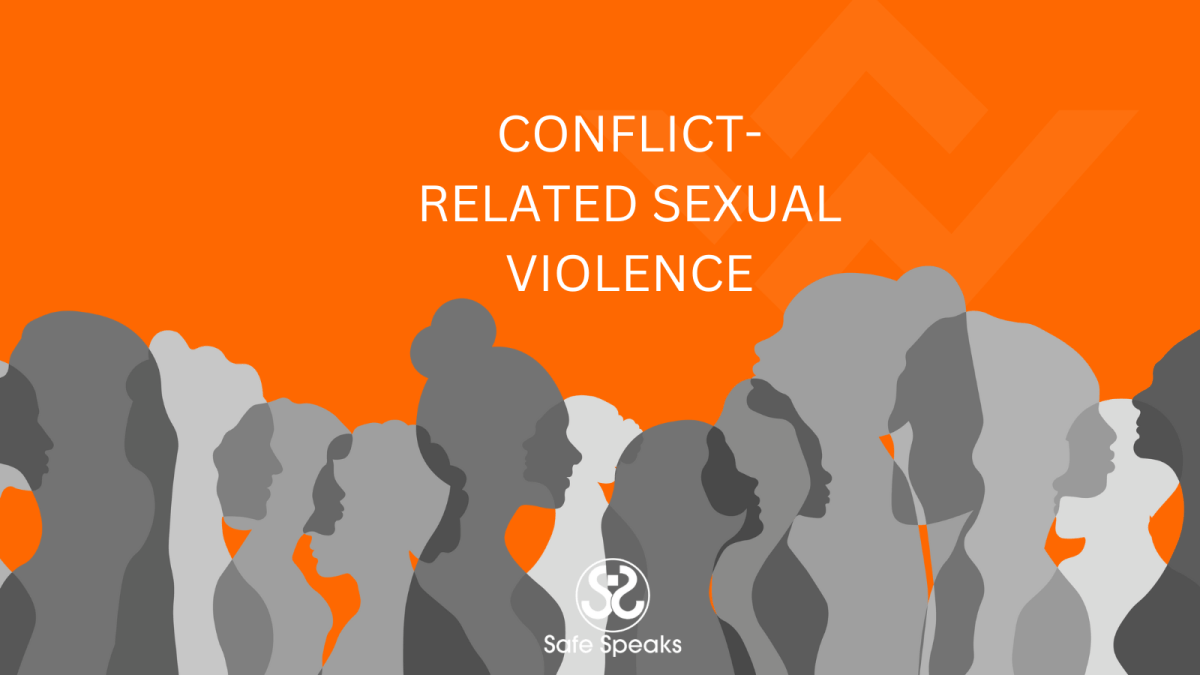
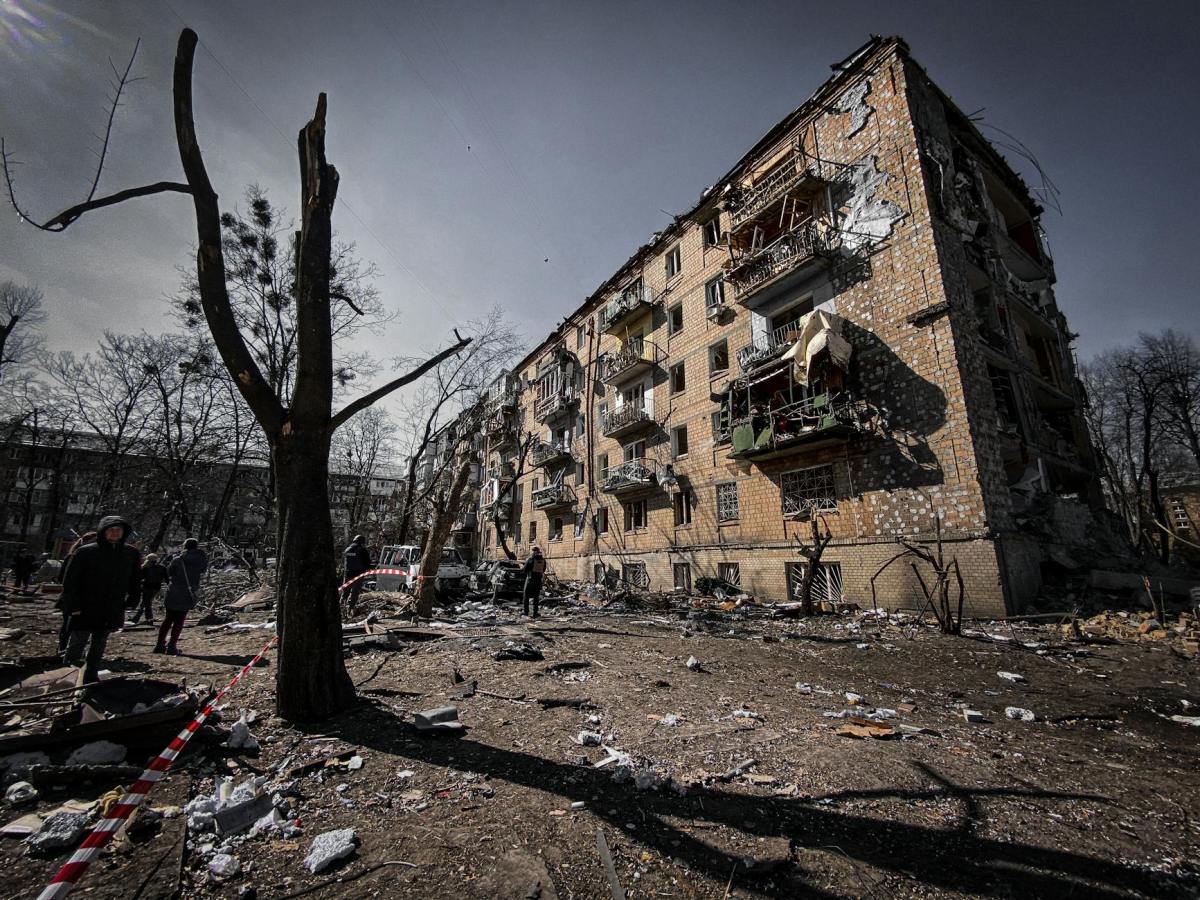
Really powerful post. Thank you.
LikeLiked by 1 person
Glad you found it helpful, Sarah.
LikeLike